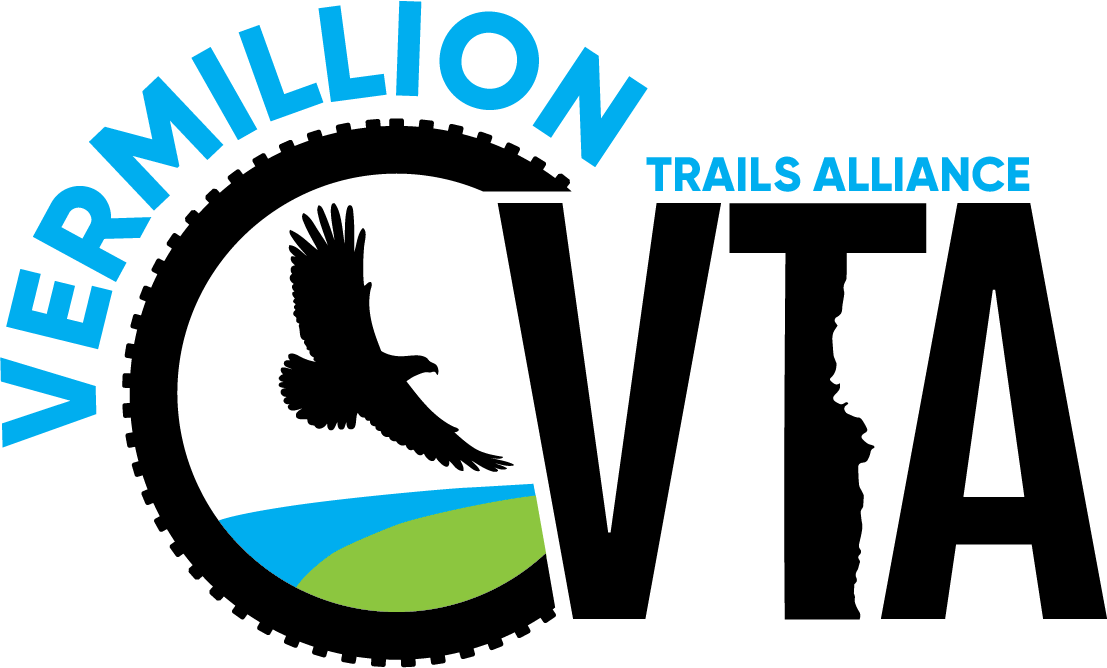Cayuga Park
History of Cayuga Park
Cayuga Park, located in the heart of Cayuga, Indiana, is more than just a community green space it reflects the history and heritage of the town it serves. While the park itself does not have a recorded founding date or unique standalone history, its story is inseparable from that of Cayuga and Vermillion County.
Early Settlement of Cayuga
The town of Cayuga was officially established on September 20, 1827, originally under the name Eugene Station. It was later renamed Cayuga after Cayuga Lake and the village of Cayuga in New York, the birthplace of early settler John Groenendyke. This connection brought with it a rich cultural name with roots in Native American history.
The term Cayuga comes from the Iroquois word “Gwa-u-geh,” meaning “the place of taking out.” This referred to a portage site—a place where boats were carried between waterways. Though the Indiana town of Cayuga grew along the Wabash River and Big Vermillion River, this name serves as a reminder of the area’s deeper Indigenous connections.
Historical Significance Nearby
The land around Cayuga is rich with early American frontier history. Just south of town, the Big Vermillion River was the site of Harrison’s Crossing in 1811, where future President William Henry Harrison led troops during his campaign to the Battle of Tippecanoe. This crossing remains one of the most notable historical events in Vermillion County, placing the Cayuga area within the larger story of America’s westward expansion and early conflicts.
Cayuga Park Today
Today, Cayuga Park is overseen by the Cayuga Parks and Recreation Department and serves as a central gathering place for residents and visitors. The park provides recreational facilities, community events, and green space for families to enjoy—continuing a tradition of connection that stretches back to the town’s earliest days.
Though its recorded history may not include dramatic milestones, Cayuga Park stands as a living landmark of community identity. It is a space where past and present meet, honoring the town’s roots while offering opportunities for play, recreation, and fellowship in the Wabash Valley.
Cayuga Park is more than a park—it is a reflection of Cayuga’s history, its people, and the enduring role of public spaces in strengthening small-town life in Indiana.

